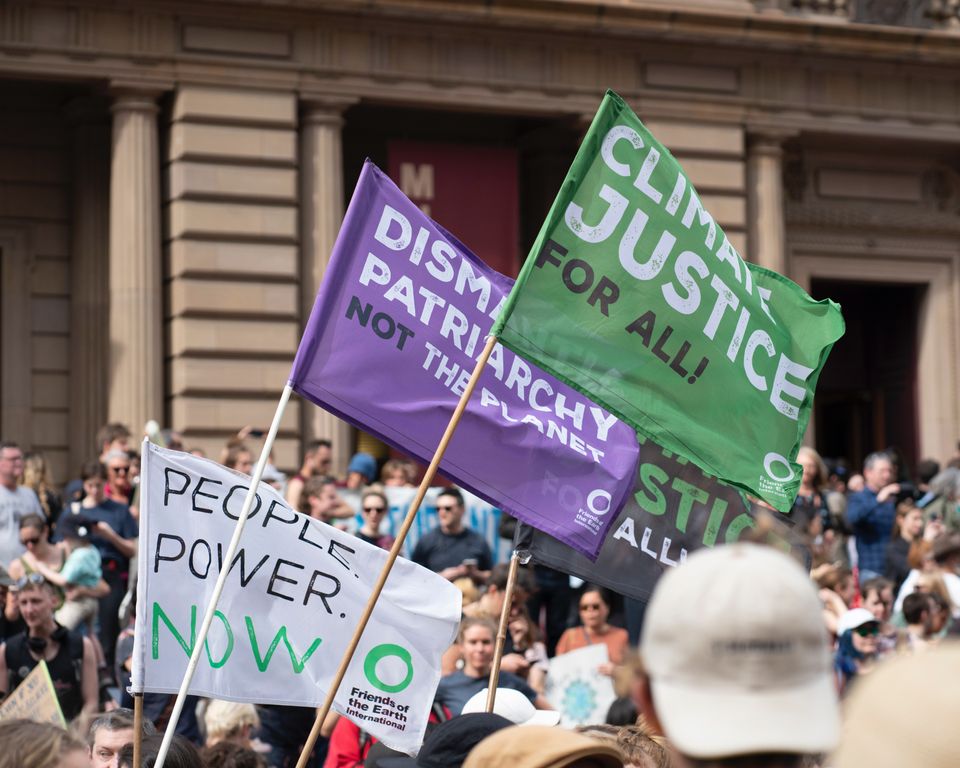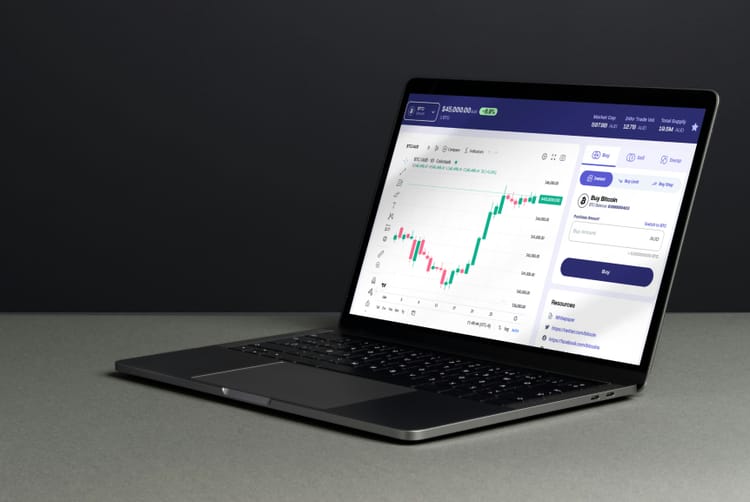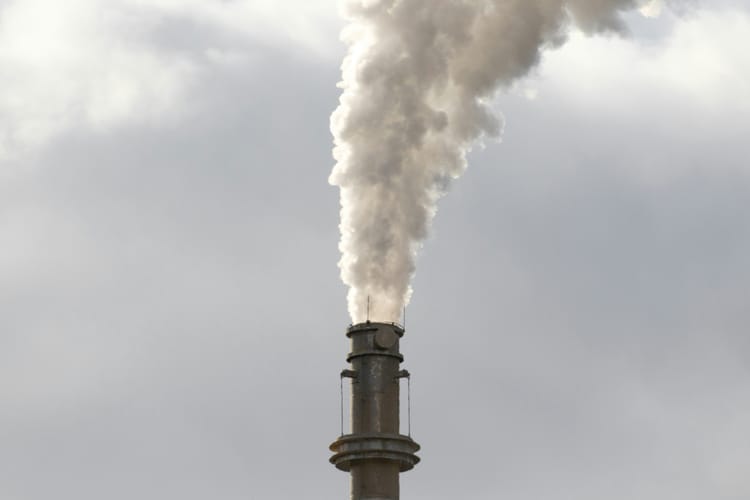Supply chain sustainability and social impacts: more integration needed

These days, not a week goes by without one or several corporations announcing an ambitious programme to make supply chains more sustainable – yet human rights issues still run rampant. How can Chief Sustainability Officers ensure their supply chain sustainability efforts produce positive social impacts?
Among recent supply chain sustainability announcements, Amazon, Meta, Nike, PepsiCo, and REI Co-op teamed up to create the Clean Energy Procurement Academy, an initiative to train suppliers on increasing the percentage of renewables they use.
These programmes go beyond decarbonisation: fashion companies, for instance, are increasingly engaging with existing and new suppliers to ramp up the production of sustainable materials. In fact, research by BCG, Textile Exchange and Quantis estimates that demand will exceed supply by 133 million tonnes before 2030.
But as companies zoom in on the climate impacts of their supply chains, it is becoming clear that more needs to be done around social impacts as well.
Garment worker living wages
Recent events are a reminder that while sustainability progresses, supply chain responsibility is not where it needs to be. In Bangladesh for instance, an apparel worker strike has halted production for brands such as Levi’s and H&M – and resulted in two deaths this month.
The workers are asking for a tripling of the minimum wage, from about US$75 to US$208 – and have just rejected a government’s proposed 58% hike, which would have brought their monthly pay to about US$113.
The companies that buy apparel from Bangladesh factories appear to be on the side of workers: on October 11, 19 global brands including Adidas, Gap and Puma wrote a letter to the country’s Prime Minister, urging him to raise wages to a level “sufficient to cover workers’ basic needs and some discretionary income and takes into account inflationary pressures”.
Some have even signalled that they would be willing to pay a higher price for garments to reflect the salary increase. But people working to promote responsible supply chains believe companies should be more proactive in ensuring workers are paid a living wage.
“There ought to be a minimum expectation that the business sets and that has to be at least compliant with the regulations, the law in that country as a minimum, but where that law is significantly lower than European laws, then that bar needs to be raised by the organisation,” says Guy Battle, CEO of the Social Value Portal, a platform to help companies quantify the value of their positive social impacts.
Replicating carbon mechanisms for social impact
He points to new selection criteria used by large companies to incentivise the decarbonisation of their value chains: for instance, Unilever is “prioritising” suppliers that have a science-based target, and Deutsche Bank recently announced that it would simply stop supporting clients that are not willing to align to its transition pathway.
“I do think it's right for buyers to say that, we're going to give you a year to get yourself sorted out. But after that, you're no longer on the supply chain. And if we're doing it around carbon, then I don't understand why we wouldn't do it around human rights,” Battle tells CSO Futures.
According to him, businesses could replicate the mechanisms they use to advance emissions reductions in the social field. For instance, many companies adopt an internal carbon price, essentially self-imposing an internal ‘tax’ on emissions to create a budget for sustainability initiatives – such as sourcing from less polluting suppliers.
“That's the sort of thing that we need to consider: how do we incentivise the supply chain around social impact and human rights,” says Battle, adding that if suppliers could “create a story” around their social impacts, “that’s something the buyer will pay for”.
Interestingly, the simple act of conducting fair wage assessments among core suppliers can encourage improvements. In its 2022 sustainability report, sportswear brand PUMA says it asked the Fair Wage Network to audit 21 of its core supplier factories in Bangladesh, Cambodia, Indonesia, Vietnam and Pakistan – which resulted in remediation steps by several of them.
In one Bangladeshi factory, a living wage survey was even meant to be conducted this year “to analyse and determine how to make wages a competitive advantage”, PUMA added.
Integrating environmental and social agendas
The integration of environmental and social agendas is something that more and more companies are considering. Mars, for example, recently published research in partnership with Forum for the Future arguing that “carbon tunnel vision” is hindering the implementation of net zero strategies.
It found that the vast majority of businesses are still managing these agendas in isolation, but that integrating them could improve resilience, productivity and growth in supply chains.
Another report by the Food and Agriculture Organisation also suggests that social and environmental impacts should be taken into account together, specifically in agribusiness. Through true cost accounting, FAO found that externalities caused by environmental damage, ultra-processed foods and worker poverty and precarity are costing countries US$10 trillion a year.
Mars and other food companies may be on the right track in pledging to implement regenerative agriculture practices in their supply chains, as these involve a holistic approach to impact spanning carbon, natural ecosystems and farmer wellbeing.
Supplier engagement: beyond visibility
For Laura Rainier, Senior Director Analyst in Gartner’s Supply Chain Practice, using supply chain sustainability initiatives to advance social goals will require going beyond simple visibility efforts – and leading with empathy.
“We see a lot of focus on building visibility, but that's not sufficient, because once you know where goods are coming from, then you actually need to mitigate the risk,” she tells CSO Futures.
It would seem that taking mitigating human rights risks in supply chains is easier said than done, however. A recent Gartner survey of procurement managers found that although the majority consider addressing modern slavery risk a key priority, only half have made effective progress on the issue.
Rainier explains that it may be easier for companies to avoid sourcing from regions with state-sponsored forced labour (though apparently not easy enough for Uniqlo, Zara and Sketchers, which are being investigated in France for allegedly profiting from Uyghur forced labour in China).
But beyond state-sponsored forced labour, other types of modern slavery, including debt bondage, could be extremely difficult to root out, she adds, particularly because suppliers may be “unwillingly exposing themselves” to these risks.
“It gets a little complicated, but I think even just if we'd look at our direct suppliers and their recruitment package practices, right, they need to do due diligence on the recruitment agents to make sure their recruitment agents aren't sub-contracting out recruitment to potentially nefarious others who might not have the workers interest at heart,” she points out.
In Rainier’s opinion, sustainable procurement practices can “absolutely address modern slavery”: “The same things that can drive progress in emissions reduction: building partnership, having kind of these mutually beneficial engagements, deeper engagement with suppliers, all of those things can help you address your modern slavery risk as well,” she says, adding that it all comes down to empathy – including between a company’s Chief Sustainability Officer and its procurement managers.
Supply chain due diligence regulations
Recent and upcoming regulation is also likely to support the integration of environmental and social goals in companies. In Europe, the proposed Corporate Sustainability Due Diligence Directive could be enforced as early as 2026, making both human rights and environmental due diligence – not just reporting – an obligation for more than 16,000 large EU and non-EU companies.
According to sustainability ranking firm MSCI, “failing to comply with any of these rules could lead to civil liabilities and hefty fines of up to 5% of a company’s total annual turnover” – perhaps creating the financial incentive needed to truly tackle human rights risks in global supply chains.
“One of the things I hear from a lot of procurement leaders is ‘we know sustainability matters, we've been told it’s a priority, but so is cost, so how do I balance those?’,” notes Rainier.
At the Social Value Portal, Battle believes that businesses “generally want to do the right thing”. However, he says: “They're also looking for the lowest cost way of delivering the right thing. And sometimes those two things conflict.” This is where regulation has “a massive role to play” in his opinion – as long as they don’t create too much compliance burden.
In the UK, for example, initiatives like the Social Value Act of 2013 and the 2023 Procurement Bill have set minimum standards for how social value should be weighted in public procurement, specifically at 10%.
“It just says 10% social value was a weighting: it doesn't really define what social value is, other than it being social, economic and environmental. And that's part of the reason why it's been so successful in the UK, because people have interpreted it in a way that is still delivering on the principles of it, but without adding a massive burden,” Battle explains.







Member discussion